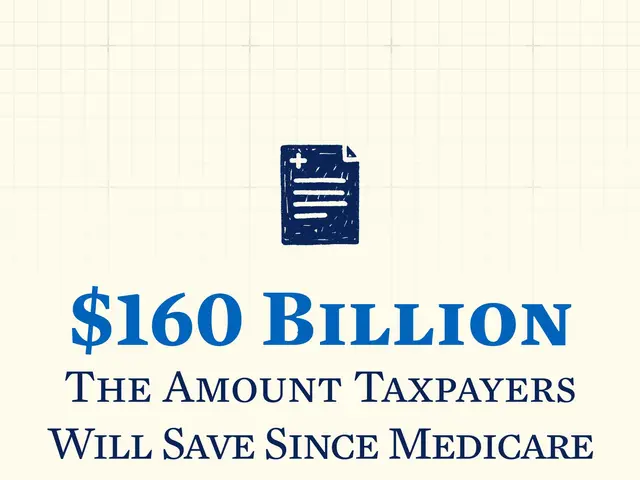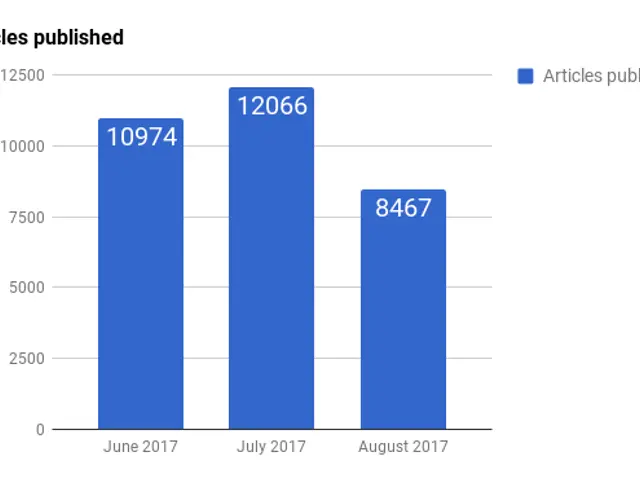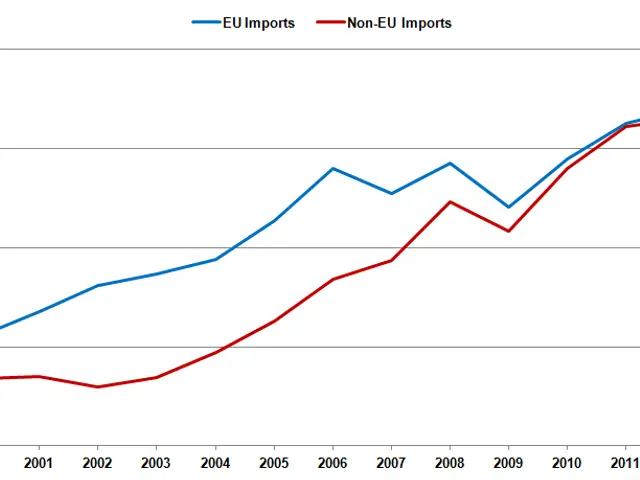The Determinant of the EU's Fresh Climate Goal: Who Holds the Power?
The European Union (EU) finds itself at a critical juncture as the countdown to the global climate conference in Brazil begins. Climate activists and scientists warn that a delay in agreement could weaken the EU's credibility and jeopardise the global capacity to act in the fight against the climate crisis.
The deadline for submitting the EU's climate protection plans to the United Nations is fast approaching, on September 24. The European Parliament member Michael Bloss of the Greens emphasises the gravity of the situation, stating that the world's ability to combat the climate crisis is at stake.
Scientists consider the goal of limiting global warming to 1.5 degrees, or at least well below 2 degrees, increasingly unrealistic. Last year, the Earth's temperature was 1.6 degrees Celsius above the pre-industrial average, according to EU figures. This underscores the urgency for ambitious action.
The EU Commission has proposed reducing greenhouse gas emissions by 90% by 2040 compared to 1990. The Federal Ministry for the Environment, Nature Conservation, and Nuclear Safety supports this proposal, advocating for its timely decision at the Environmental Ministers’ Council. This is aimed at avoiding delays and weakening of the climate target, thereby ensuring the EU's credibility ahead of the global climate conference.
However, consensus is required at summits at the highest level. Countries like France and Poland could potentially ensure their skepticism is reflected in the joint declaration. A removal of the current 2040 proposal from the table at the EU summit would leave little to decide.
Without ambitious pledges from industrialized countries, countries of the global South may not take on new commitments. This could have far-reaching implications for the success of the global climate conference. The final decision on the climate target lies with the environment ministers, and the world watches with bated breath as Europe navigates this crucial period.
Read also:
- Russia, according to Zelensky, lacks the prowess for launching another significant offensive.
- Russia's Latest Peace Proposals for Donbas: New Diplomatic Landscape Emerges amid Alaska Summit, Potentially Opening Ceasefire Opportunities
- Amidst India's escalating climate crisis, transgender individuals continue to persevere
- Contentious Discussion Surrounding the Movie Release of "Planet of the Humans"








